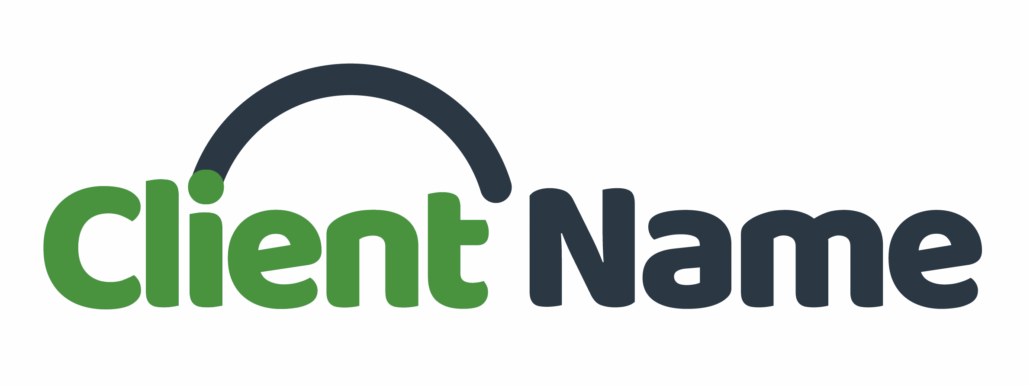Give Yourself a Pay Raise!
Flexible spending accounts (FSAs), administered through Sterling, allow you to set aside a portion of your income, before taxes, to pay for eligible health care and/or dependent care expenses. Because that portion of your income is not taxed, you decrease your taxable income and increase your take-home pay.
The amount you elect to contribute is deducted from your paycheck each pay period in equal installments for the remainder of the plan year. The plan year begins April 1, 2020, and ends March 31, 2021.
Health Care Account
The health care FSA allows you to set aside money to help you pay for medical, dental and vision expenses that are not covered by or fully reimbursed by your insurance. Reimbursable expenses must be incurred during the plan year by you, your spouse and children up to age 26.
Your health care FSA may not exceed $2,750 each plan year per individual. The entire amount you contribute is available to use on your effective date of coverage.
Medically necessary, eligible expenses for which you may be reimbursed through your health care FSA include:
- Deductibles, copays and coinsurance
- Orthodontia services
- Eyeglasses, contact lenses, contact lens solutions and supplies or LASIK eye surgery
- Prescription drugs
- Treatment of alcoholism or drug dependency
Some examples of expenses that will not be reimbursed:
- Cosmetics and cosmetic procedures
- Vitamins and supplements
- Medical, dental and vision plan premiums
- Over-the-counter drugs to alleviate or treat personal injuries or sickness (i.e., antacids, cold medicine, pain relievers) without a prescription
- Weight loss programs for general health and appearance (not for specific diseases)
For a complete list of eligible expenses, visit www.irs.gov/pub/irs-pdf/p502.pdf.
Dependent Care Account
Your dependent care account may not exceed $5,000 each calendar year per household. The dependent care FSA gives you the opportunity to pay for care services so that you and/or your spouse/domestic partner can work or attend school full-time.
In order to qualify for reimbursement, services must be related to the care of:
- Children under age 13 who are listed as dependents on your income tax return
- Dependents of any age who are incapable of caring for themselves and who regularly spend at least eight hours a day in your home
Eligible dependent care expenses, covered while you are at work, include:
- Nursery school, pre-kindergarten, extended day or after-school programs
- In-home care for dependents unable to care for themselves (children or adults)
- Daytime summer recreational camp
- Adult private sitter
For a complete list of eligible expenses, visit www.irs.gov/pub/irs-pdf/p503.pdf. As you incur dependent care expenses, you may submit a claim for reimbursement not to exceed the amount that is in your account at the time of reimbursement.
Getting Reimbursed
There are several ways for you to be reimbursed from your FSA for eligible expenses. When you have an eligible expense, you can submit a claim for reimbursement and have a check mailed to you or you may elect direct deposit to your checking or savings account.
FSA Debit Card
If you elect the health care FSA, you will automatically receive the FSA Debit Card in the mail. This card can be used in medical and dental offices, hospitals, health care clinics, pharmacies and online pharmacies to purchase services and items eligible under the plan. Simply present your card at the time of service as you would with any credit card.
Keep Your Receipts!
Keep all of your original receipts for your records, as you may be required to provide documentation directly to the IRS in the event of a personal tax audit. Additionally, if you use your FSA Debit Card, you may be occasionally asked to submit your receipt to the plan administrator as proof of an eligible expense.
Important IRS Rules
Since you are allowed to reduce your taxes through your participation in the FSAs, certain IRS restrictions apply.
- Health care FSA: Unused funds of up to $500 from one year can carry over to the following year. Carryover funds will not count against or offset the amount that you can contribute annually. Unused funds over $500 will NOT be returned to you or carried over to the following year.
- Dependent care FSA: Unused funds will NOT be returned to you or carried over to the following year.
- The claims filing deadline for claims incurred during the plan year is 90 days after the end of the plan year, which is June 30, 2021.
- You cannot stop or change the amount you contribute, unless you have a qualifying event.
- Transfers from one account to the other are not allowed.

